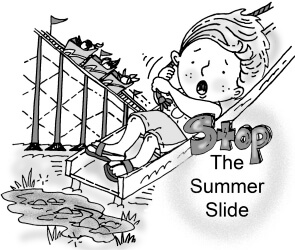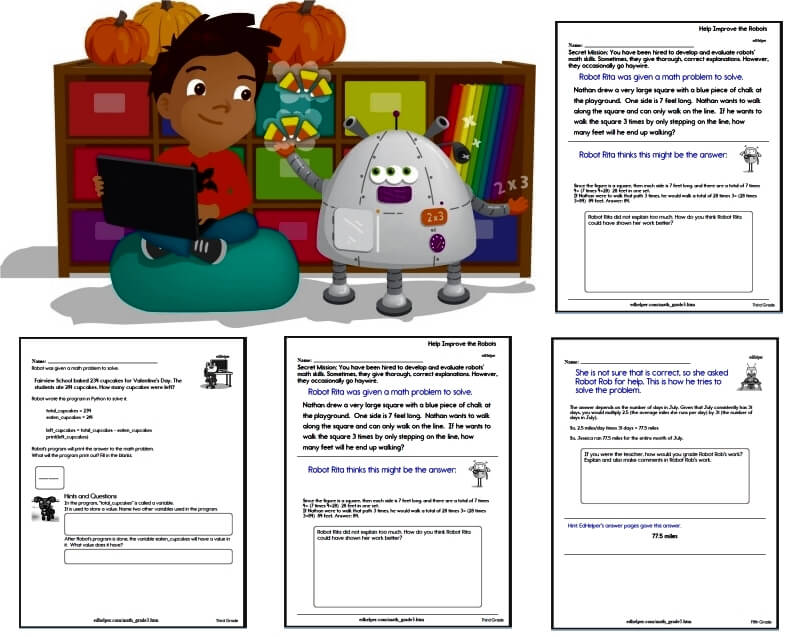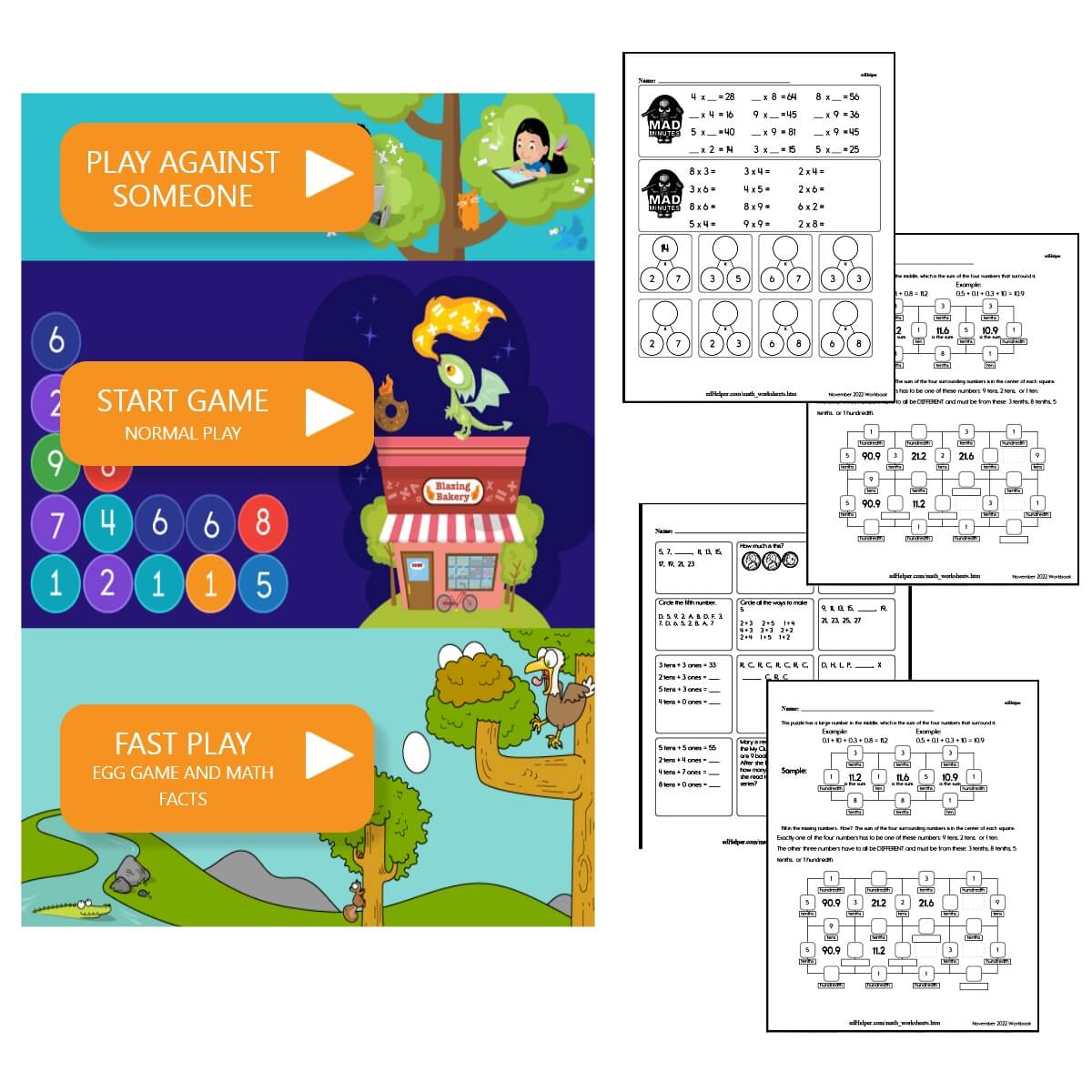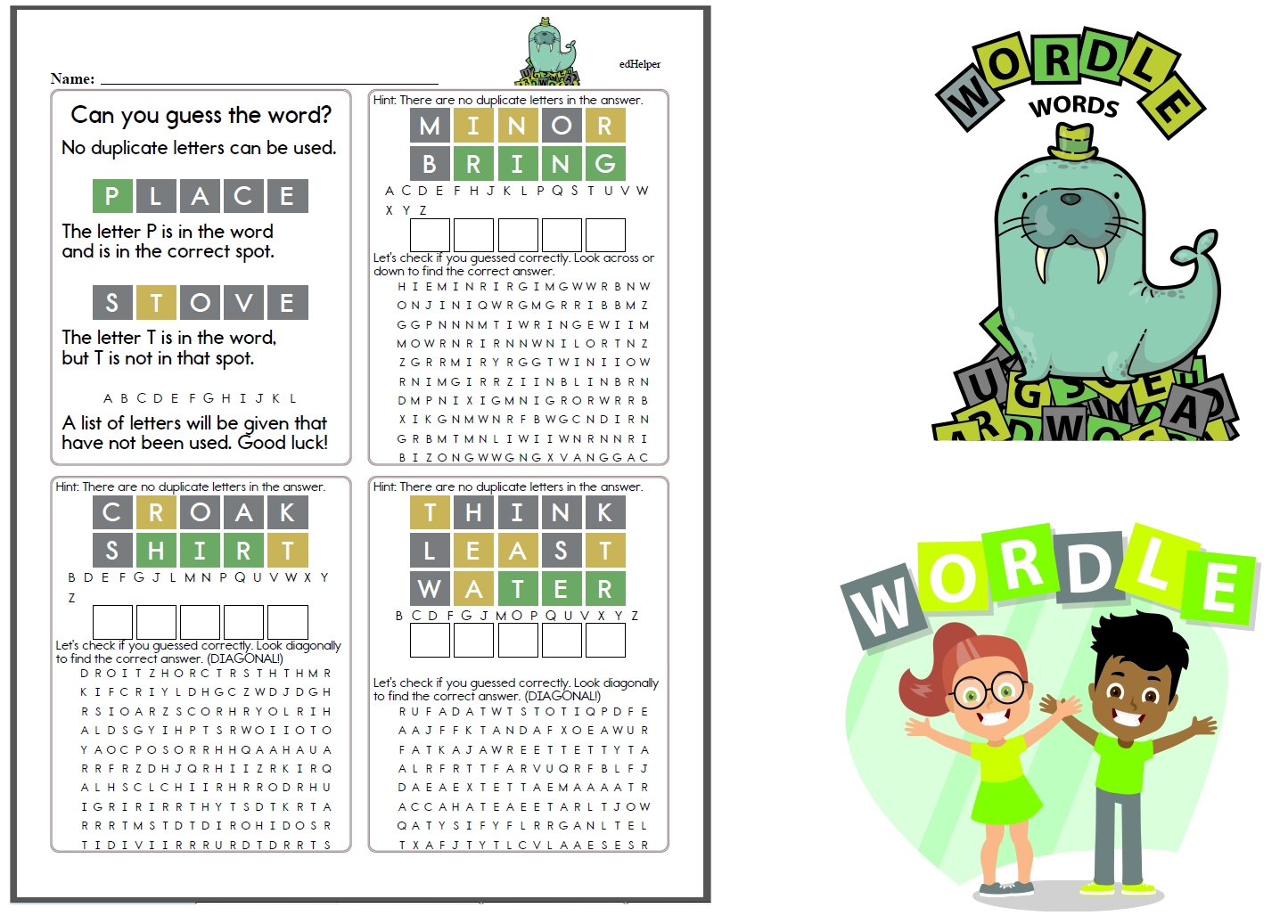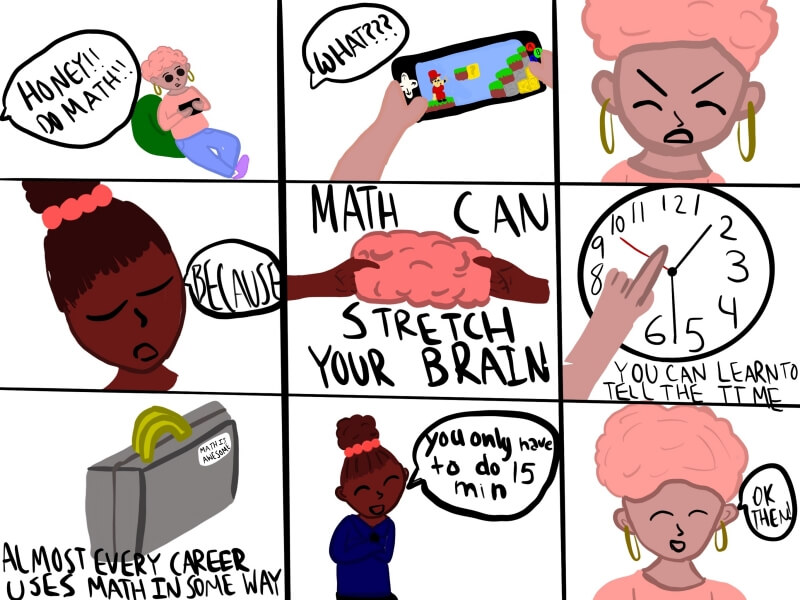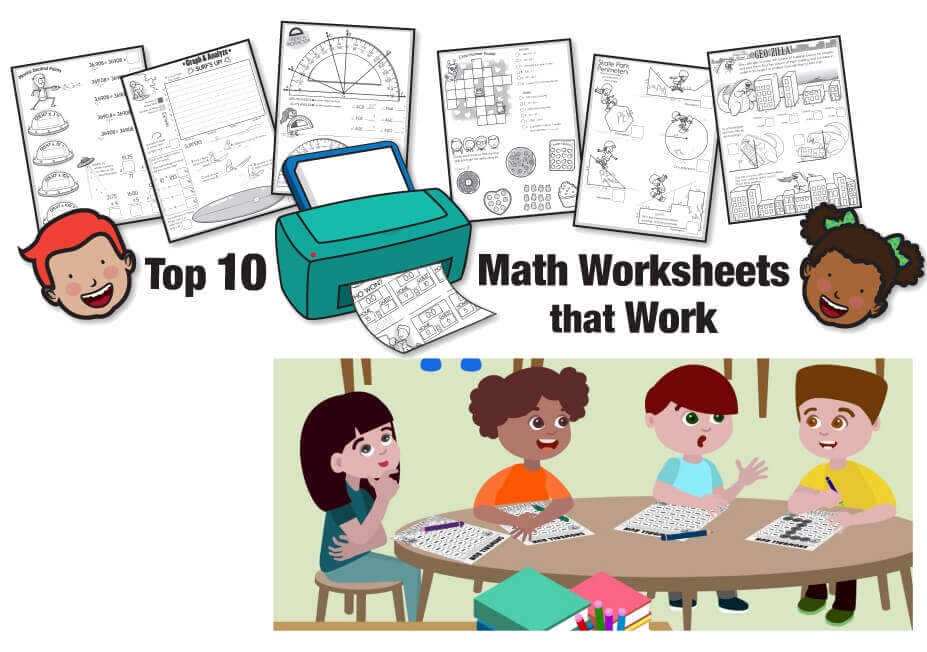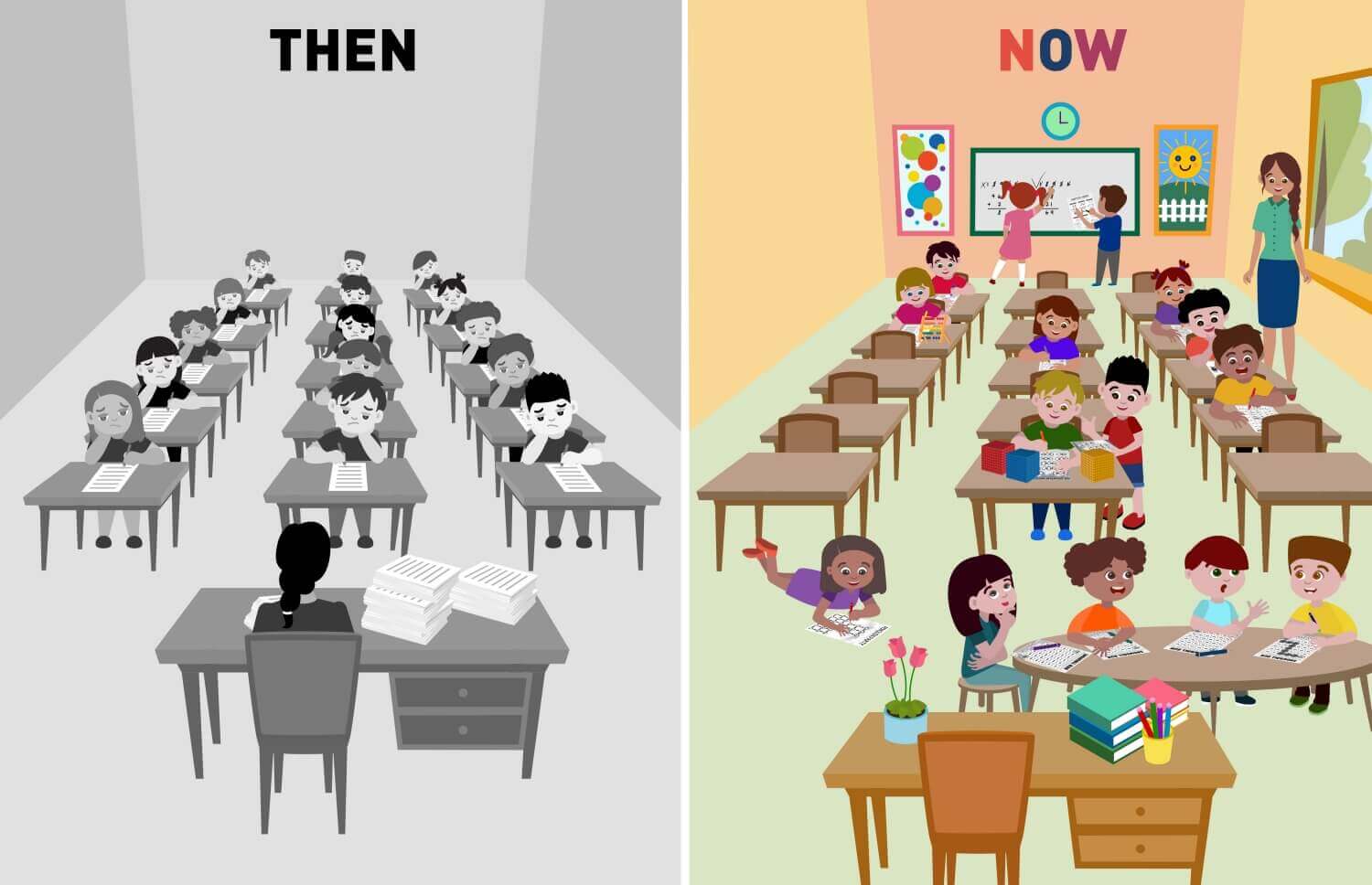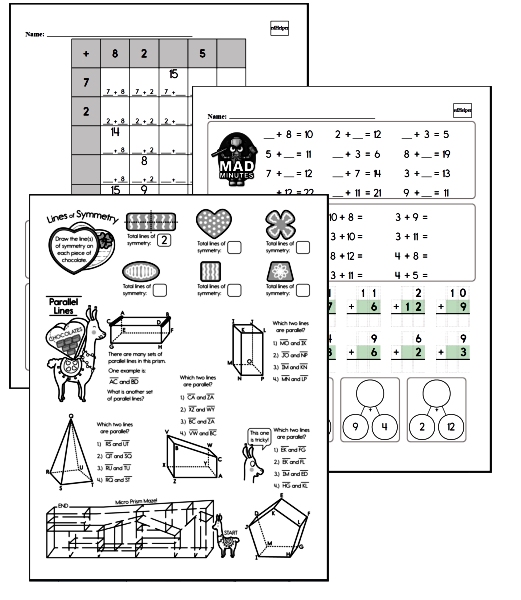Brain Boosting Summer Activities For Kids
By: edHelper Staff
Updated: Jul 6, 2022

Teachers want their students to continue learning over the summer. By doing educational activities outside of school, students are less likely to lose any of the previous year's knowledge. It's also a great reminder that learning can take place anywhere-not just in the classroom!
Parents want their kids to continue learning over the summer, too, but that doesn't mean it's easy. Life is busy. In addition, most parents don't have access to all of the resources that are available to teachers. It can be difficult to foster a positive attitude towards learning in between work, camps, and extra-curricular activities.
Don't worry! We've got you covered. Here are some of our brain-boosting summer activities for kids that are fun, teacher-approved, and easy, even for the busiest families.
Learning Workbooks for Summer
Let the Kids Shop With Their Own Cash
Paying with money is a great way to learn math skills over the summer! Give your child an allowance, let them complete certain chores for cash, or simply give them their own money the next time you go shopping at the mall. It's a great way for young students to practice counting, subtraction, and coin recognition.
Shopping with cash is also a powerful money lesson. Handing over actual cash is more concrete than paying with a check or a card. It can help students understand the importance of budgeting their money.
If you have an older child, consider opening a bank account. Your child can practice using a debit card, balancing their checking account, and checking their account balance to make sure they have the cash they need to make a purchase without overdrawing their account.
Play a Game That Requires Critical Thinking Skills
Games are a great way to pass the time during the summer. They can teach good sportsmanship and cooperation, but they can also teach critical thinking skills-as long as you play the right games.
Board games that require players to strategize their next move are great brain builders. Chess is the ultimate example of a game of strategy, but it isn't your only option. Other games include the following:
Battleship: Opponents must guess the location of the other player's warships, marking each spot as a hit or a miss as they take turns. The winner is the player who sinks all of their opponent's ships first.
Mastermind: This code-breaking game requires one player to guess the pattern of four colors that the other player has chosen. It requires the player to figure out which colors they have and haven't guessed and how to determine the correct pattern with a limited number of tries.
Guess Who: Two players must figure out which questions to ask the other player to eliminate characters on their board and discover their mystery character first.
Clue: Players must figure out who killed Mr. Boddy, in what room, and with what weapon. It requires players to use deductive reasoning and logical thinking skills to find the answer.
Of course, there are lots of single-player games that can foster critical thinking skills. They include apps, but they also include hands-on games, as well as activities that require pencil and paper:
Flow Free: This app requires the player to figure out how to connect the colored dots without running into any lines while filling in every box.
Sudoku: A single player must fill each square with the numbers one to nine, but two of the same number cannot be in the same row, in the same column, or in the same box that is comprised of nine smaller boxes.
Tangrams: This game requires the player to arrange different shaped pieces to match the image on the card.
Jigsaw Puzzles: Puzzles require the player to figure out which way pieces go to complete the picture. If you have a child who needs a bigger challenge, consider a 3D puzzle or a Lego set.
Give Audiobooks a Try
Everyone knows kids should spend the summer reading, but actually getting kids to read books isn't easy. If you have a student who doesn't want to sit down and read, consider letting them try an audiobook.
Audiobooks can help students get into the story without feeling like they are being held back by their reading skills. Audiobooks can introduce new vocabulary, themes, and genres. The right story can pique their interest, motivating children to read more.
Don't underestimate your influence as a parent. Your child is more likely to spend time reading if you're involved too. Try listening to an audiobook together and following along in the text. Or, if you want them to read on their own, spend some time asking them what they're reading about later in the day.
The more specific you can be with your questions, the better! Some great questions to ask include the following:
Who is your favorite character and why?
What do you think will happen next?
Where does the main character live?
Don't Just Watch or Stream Videos-Talk About It
It turns out, screen time isn't all that bad for kids. The trick is to make TV time together time.
Instead of plugging your child into the TV and going about your day, try to watch TV with your child. When you watch together, you can talk about the characters, the plot, and the setting.
Do you need to turn on the TV for a while so you can get some work done? Just make time to talk about what they watched while you were busy. Ask them about the characters, what the bad guy did, and if there was a lesson to be learned when the show is over.
Some children love to talk about what they watched-no questions from parents are necessary-but busy and tired parents often tune it out. Instead, try and engage your child in a conversation about their favorite movie or the TV episode they just saw. Not only will they get more out of the experience when you talk to them about what they saw, but if they know you will listen to what they have to say, they are more likely to tell you about things they're learning about in the future.
Spend Time in the Garden and the Kitchen
Children are drawn to the natural world. There's no better time to get outside than the summer!
Planting a vegetable garden is a great way to teach science as children plant seeds, watch them grow, and see the effects the weather, water, and the environment have on what they planted.
If you want to take things a little further in the garden, learn how to compost with your child. Older students can learn how to test the soil. Kids of all ages will love seeing what kinds of creepy crawlies they can find in the garden. Look them up and learn how they keep the soil healthy or help the plants grow.
Once you and your child have some tomatoes, cucumbers, or other fruits and vegetables to show for your effort, take them into the kitchen. You can teach them how to measure according to a recipe, or you can let their imagination run wild. Kids love to create delicacies of their very own!
Don't have space for a garden? Or maybe you don't have much of a green thumb?
There are many ways for you and your child to use what's already growing around you in the kitchen!
Make lilac sugar, and then use it to make sugar cookies.
Use pesticide-free dandelions from your yard to make dandelion honey.
Pick or grow edible flowers and add them to salads, baked goods, and more.
Print Fun Worksheets So They Are Ready for a Rainy Day
Rainy days are the perfect time to support learning throughout the summer when the kids might otherwise be outside playing. That's especially the case when it comes to math practice, as worksheets really are one of the best ways to practice math skills. The trick is to make sure you choose worksheets that are actually fun!
Once you have found the right worksheets, make sure you print them out and keep them in a folder. That way, they are ready to go whenever you have some downtime.
The summer is the perfect time to let kids be kids, but that doesn't mean they should let their school brains atrophy completely! Let your child exercise their critical thinking and problem-solving skills while practicing skills they have already developed. With these fun activities, your child will actually enjoy learning over summer vacation!


